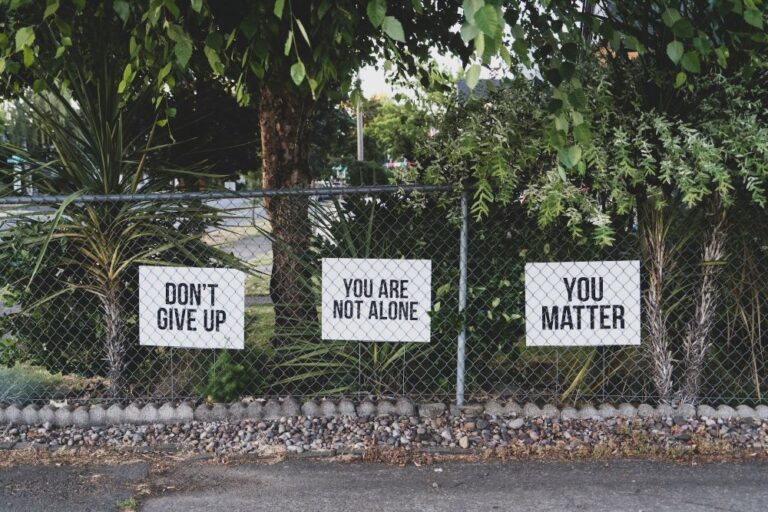Unflinching and undivided dedication to one’s job has long been a glorified mentality within the North American workplace. The belief that your job should uncompromisingly and indefatigably be the highest priority of your life is so deeply rooted in our work culture that even entertaining the idea of taking a day off—let alone an entire vacation—can be met with disdain, either from your boss or your colleagues. This, in essence, is vacation shaming: the use of peer pressure and guilt trips to discourage employees from taking time off.
Unfortunately, vacation shaming is hardly a new phenomenon. Indeed, a 2019 survey by HRReporter discovered that vacation shaming affected 50 per cent of workers. Furthermore, that same survey discovered that 38 per cent experienced the most vacation shaming while in the middle of requesting time off work, that 27 per cent experienced it in the days leading up to their vacation, and that 22 per cent were vacation shamed on their last day in the office.
Vacation shaming can take various forms, from passive-aggressive comments to suggestions that you’re letting the team down or not pulling your weight to more heinous implications that you might not have a job when you return. Whatever the case, vacation shaming is meant to make you feel bad for taking time off work.
This is an absurd and outdated mentality. Studies have overwhelmingly supported the claim that there is a direct correlation between time taken off and increased productivity. The “grind” is a myth and an inherently harmful work mentality for employees and employers. Everyone needs time off to take a breath, recharge, and relax from the everyday stressors of work. Requesting, and then actually taking, time off is hardly an indication of poor work ethic or lack of dedication.
Even still, vacation shaming seems to be effective. According to the HRReporter survey, while 96 per cent of workers believed vacation time was important, only 66 per cent actually took time off. What’s more, that same 66 per cent reported to have been unable to wholly detach from work calls, emails, and updates while on vacation out of fear of either being behind on work or just plain guilt.
Simply put, vacation shaming is unnecessary and helps no one. Employees who are made to feel guilty for taking deserved time to themselves are more likely to either burn out or leave their jobs entirely. For companies, this creates a work culture wherein employees’ well-being is not a concern, which ultimately harms productivity, creates high turnover, and negatively impacts the quality of work done—which would be a shame in and of itself.
Jericho Tadeo | Contributing Writer










